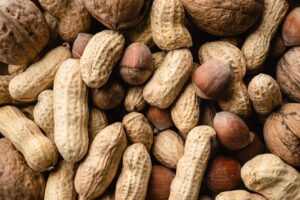Anthropology of food
Around 500 BC. some “early” dietary trends began to appear. Specifically, warriors and athletes consumed specific foods that would help them become stronger and perform better. The best “delicacies” were the… heart of the lion and the liver of the deer! According to the Greek historian Herodotus of Alikarnassos, the workers who worked on the construction of the Pyramids of Egypt ate large quantities of garlic, onions, and radishes. Historians have agreed that these foods were chosen as a means to avoid diseases and finish the work. In the early 1800s, “fans” of Lord Byron proceeded to follow his own diet. They completely excluded any food that contained fat. The anthropology of food has been examining nutrition over the centuries, since the beginning of the world. Diet has never been the result of physiological factors alone, but also social, economic, cultural and political factors and mechanisms. If you are in healthy food and nutrition then you should come to the specializes seminar “Sports Nutrition” offered by Base Training Food has never been a major concern for academics. It was not until the second half of the 20th century that the work of important anthropologists such as Mary Douglas, Marvin Harris and Sidney Minz set the stage for the study of nutrition as an integral part of modern social life. In particular, Mintz is considered the “father of anthropology of food” because of his book “Sweetness and Power”, released in 1985, which linked British sugar demand to the creation of specific working conditions by the empire. Giota Florou (source:sirc.org) Recent Articles







